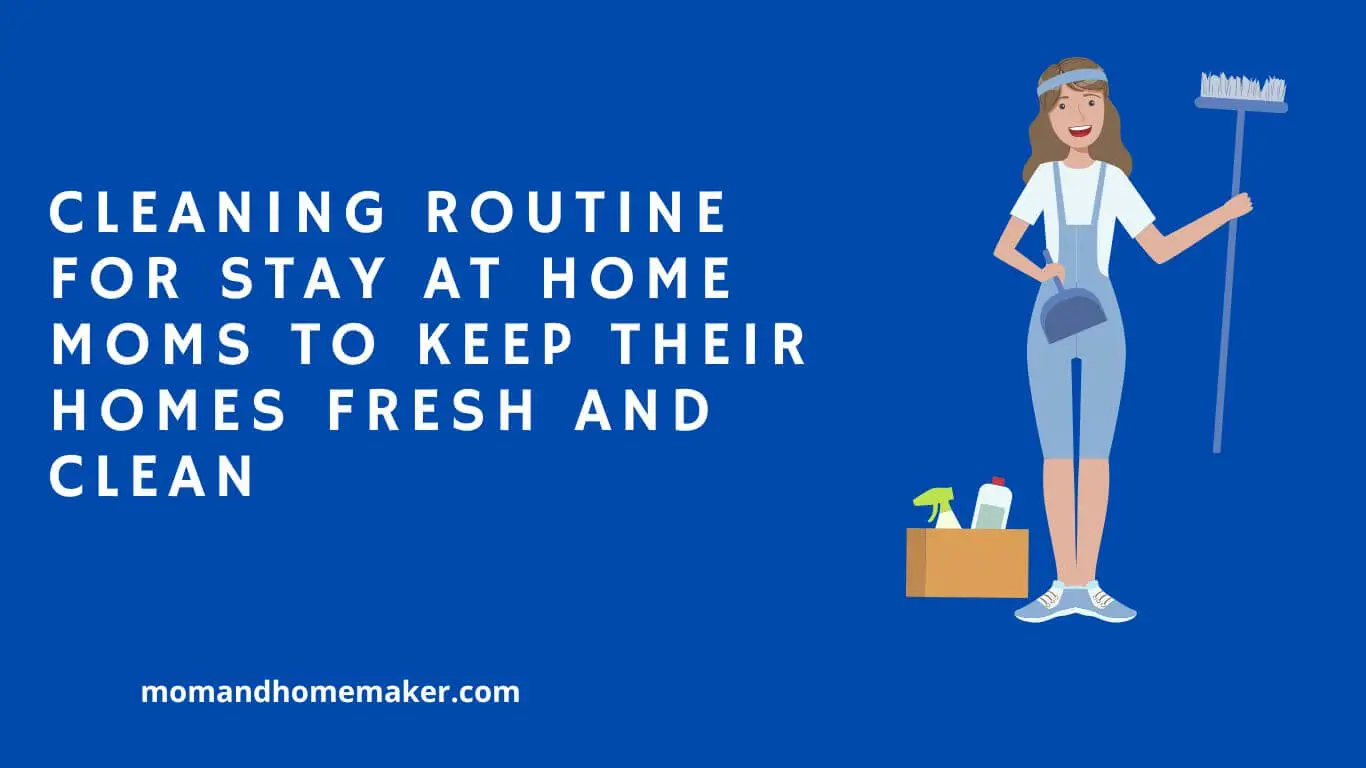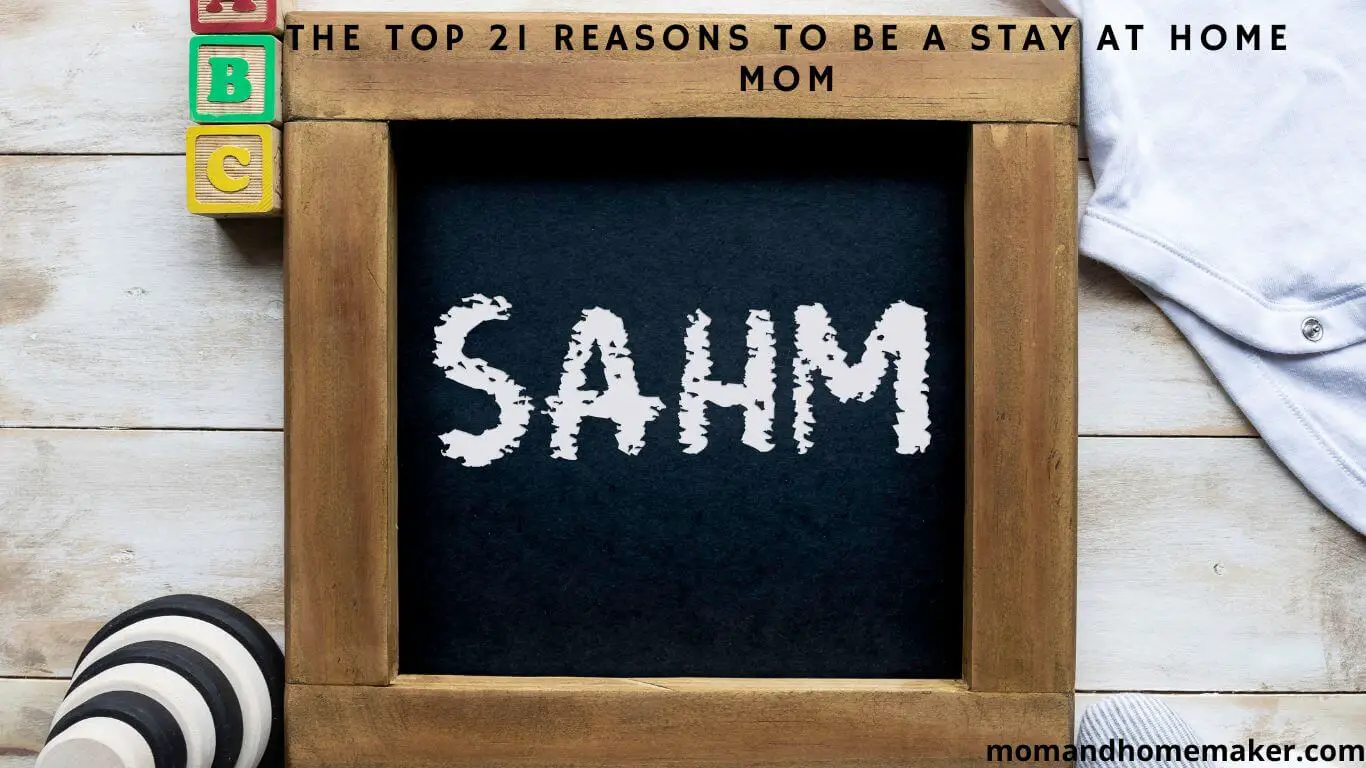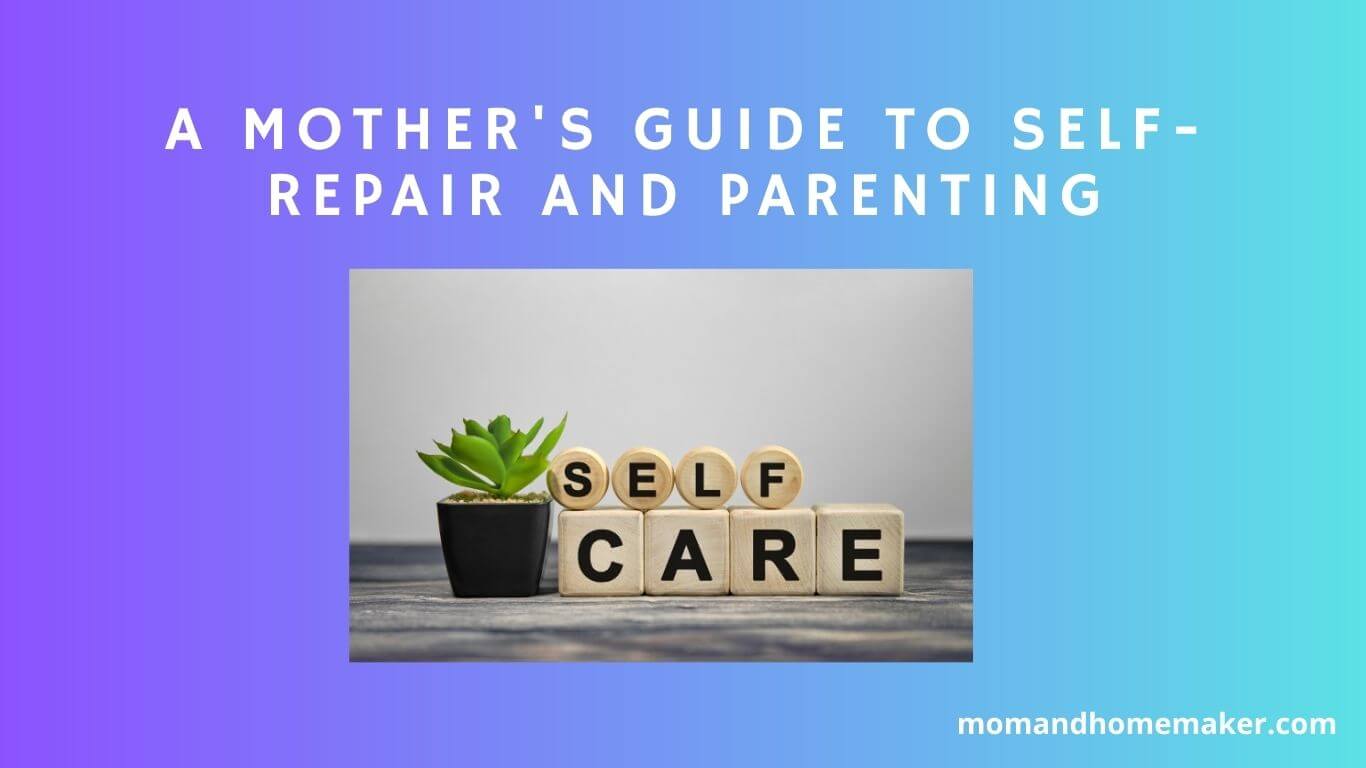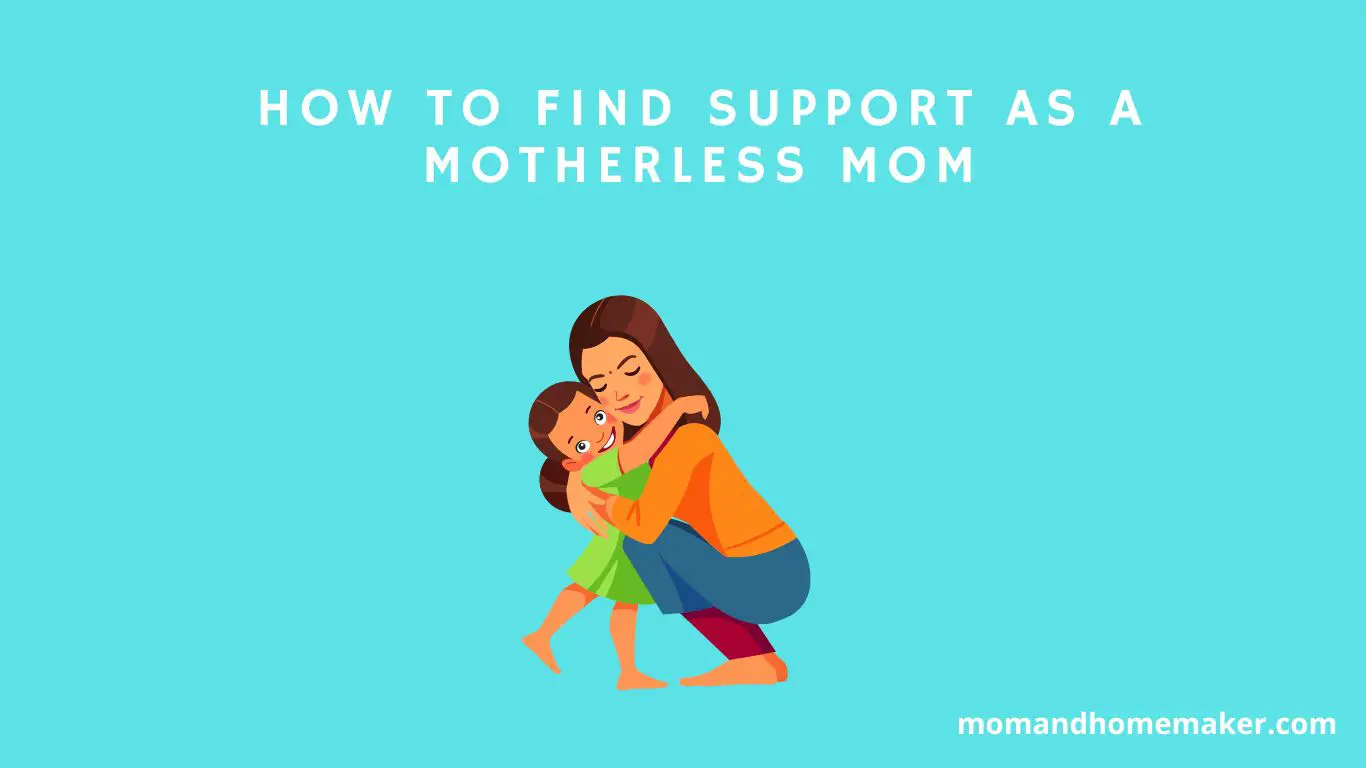Being a stay-at-home mom is a journey filled with both joy and challenges that often go unnoticed. The decision to dedicate one’s days to nurturing children comes with moments of doubt and fulfillment.
It’s a path that can be rocky as mothers strive to find balance in a role that demands so much. The lessons learned and rewards gained along the way are invaluable, making the experience of being a stay-at-home mom truly unique and meaningful.
The Decision to Stay Home
Deciding to transition to being a full-time mom as a stay-at-home mom can be a significant and multifaceted choice. Balancing work and personal life is crucial, and it’s important to carefully consider this shift.
It’s common to feel torn between advancing in a career and being present for your children. Effective time management becomes essential as you navigate this new phase in your life.
One important aspect to consider is how this decision impacts your mental well-being. Moving from a structured work setting to the flexible routine of caring for your family can pose challenges.
Prioritizing self-care strategies is key to maintaining your mental health. This involves setting boundaries, taking breaks when necessary, and seeking support from loved ones or a therapist if needed.
As you start this new journey, remember that personal growth continues even as a stay-at-home mom. You have the opportunity to develop in ways that a traditional job may not allow. Embrace the chance to learn new skills, explore hobbies, and deepen your connection with your children.
By prioritizing your mental health and practicing effective time management, you can create a rewarding and balanced life as a stay-at-home mom.
Embracing Motherhood Full-Time
Fully embracing motherhood involves diving into the daily joys and challenges of caring for your children while prioritizing your mental well-being and personal growth.
Managing your time efficiently is key to handling multiple tasks without feeling overwhelmed. Creating consistent routines for meals, naps, playtime, and bedtime can bring stability and predictability to your and your children’s lives.
Self-care is crucial for being the best parent you can be. Take time for activities that rejuvenate you, such as reading, walking, or indulging in a relaxing bath. Remember to carve out moments for yourself amidst the busyness of parenting.
Pursuing hobbies and interests not only nourishes your soul but also sets a positive example of self-care for your children. Personal growth is a continuous journey, so embrace opportunities to learn and grow alongside your little ones.
Impact on Personal Identity
Transitioning to the role of a stay-at-home mom can have a significant impact on your sense of self. It sets you on a path of self-discovery, leading to personal growth, emotional challenges, and a newfound sense of purpose in helping others. During this time of focusing on your family, it’s common to question who you are beyond being a mother.
This journey of self-discovery may involve exploring new passions, developing patience, and seeking volunteering opportunities. You might also discover hidden talents, strengthen communication skills, and support local causes. While facing emotional challenges, you can cultivate resilience, and empathy, and contribute to community projects.
Though the process of redefining your identity can be challenging, it can also lead to profound personal growth and a deeper understanding of your values. Remember, finding fulfillment through serving others can bring a sense of contentment that enriches your identity.
Financial Considerations and Struggles
Managing finances as a stay-at-home mom can be challenging, requiring careful planning and resource management. It’s crucial to address financial stress and make sacrifices to ensure stability for your family. Here are some important points to consider:
- Budgeting Tips and Resources: Creating a detailed budget and exploring available resources can help you effectively manage your finances. Look into apps, online tools, and community programs that offer financial assistance and guidance.
- Income Disparities and Challenges: Dealing with a single income can be tough and may lead to financial disparities. It’s important to recognize these challenges and find creative solutions to make ends meet.
- Side Hustles and Opportunities: Exploring side hustles or part-time work can help supplement your family’s income. Whether it’s freelance opportunities or remote work, there are various ways to contribute financially while balancing your home responsibilities.
During times of financial strain, don’t hesitate to seek assistance and aid. Community organizations, support groups, and government programs can provide valuable resources to ease financial burdens.
Remember, it’s okay to ask for help when needed, and prioritizing your family’s well-being is a noble pursuit. By being proactive and resourceful, you can navigate the financial challenges of being a stay-at-home mom with resilience and determination.
Social Isolation and Loneliness
Being a stay-at-home mom often leads to feelings of isolation and loneliness, which many women experience. The emotional strain of being at home with children can result in a lack of adult interaction, leaving you craving meaningful connections.
It’s important to recognize how this can affect your mental well-being. When you transition to this role, your social circle may change, making it challenging to maintain relationships beyond your immediate family.
To combat these feelings of isolation, consider reaching out to other parents at playgroups, joining online communities, or participating in local parenting support groups. Connecting with others who understand your journey can provide the adult interaction and emotional support you need.
Remember, it’s okay to seek out these connections and prioritize your mental health while navigating the responsibilities of being a stay-at-home mom.
Balancing Parenting and Self-Care
Balancing the responsibilities of parenting while also taking care of yourself can be tough yet crucial for your overall well-being as a stay-at-home mom. Prioritizing self-care routines amidst the daily challenges of parenting is essential to maintaining a healthy balance.
Here are some tips to help you navigate this delicate balance:
- Establish a Routine: Setting aside dedicated time for self-care activities can significantly improve your mental health and well-being.
- Delegate Tasks: Don’t hesitate to ask for help from your partner, family members, or friends to manage your time efficiently and lessen some of the parenting burdens.
- Practice Self-Compassion: Remember to be kind to yourself. It’s okay to have challenging moments, and prioritizing your mental health through self-compassion practices is important.
Effective time management is key to ensuring you have time for both your children and yourself. By incorporating self-care into your daily routine and seeking support when needed, you can enhance your mental well-being and find a fulfilling balance between parenting and self-care.
Remember, taking care of yourself isn’t selfish; it’s a necessary part of being able to care for others effectively.
Relationship Dynamics With Partner
Maintaining a healthy relationship dynamic as a stay-at-home mom requires effective communication with your partner. Challenges may arise as you juggle family responsibilities, so it’s crucial to openly express your needs, concerns, and feelings.
By discussing and dividing household tasks and childcare responsibilities, you can prevent resentment and ensure a balanced partnership. Creating a routine that includes time for emotional connection, like sharing experiences and discussing your day, will strengthen your bond and provide mutual support.
Navigating role expectations within your relationship is key. Clearly defining each other’s roles and responsibilities fosters teamwork and avoids misunderstandings.
Remember, having a strong support system is vital for both you and your partner. Lean on each other, family, or friends for assistance when needed to combat feelings of isolation and overwhelm.
Prioritizing open communication, addressing task division, nurturing emotional connection, setting role expectations, and building support systems will help you navigate the challenges of being a stay-at-home mom while maintaining a fulfilling relationship with your partner.
Judgments and Societal Pressures
Navigating judgments and societal pressures as a stay-at-home mom can be tough, requiring resilience and self-assurance. It’s important to remember your worth and value, regardless of what society expects.
Here are some key points to consider:
- Dealing with judgmental attitudes: People may have their opinions about your decision to stay at home, but remember that your mental well-being comes first. Stay true to yourself and your family’s needs.
- Balancing societal pressures and personal fulfillment: Finding a balance between societal expectations and your own happiness is crucial. Don’t let outside pressures overshadow your sense of purpose and fulfillment.
- Finding ways to navigate guilt and seek community support: Guilt might arise when societal norms clash with your personal choices. Seek support from like-minded individuals in your community to feel understood and validated.
Career Re-Entry Challenges
Re-entering the workforce after being a stay-at-home mom can feel like a big challenge. To make this transition smoother, it’s important to update your skills and knowledge to match current industry trends. Taking courses, workshops, or online training can help you enhance your qualifications and feel more confident.
Networking is key as you return to work. Attend industry events, join professional groups, and use platforms like LinkedIn to connect with others in your field. These connections can offer valuable advice, mentoring, and potential job opportunities.
When it comes to finding a job, tailor your resume to highlight the skills you gained while being a stay-at-home mom. Focus on abilities like multitasking, time management, and problem-solving, which are highly valued in the workplace. Consider looking for companies that offer flexible work arrangements to support your work-life balance needs.
Fulfillment Vs. Regret
When deciding between fulfillment and regret, many stay-at-home moms face a tough choice. Here are some key factors to consider as you navigate this path:
- Work-Life Balance: Balancing your roles as a mom and an individual seeking personal fulfillment is challenging. It’s important to carve out time for yourself amidst family responsibilities. Achieving a harmonious work-life balance can benefit both you and your family dynamics.
- Personal Growth: Personal growth is a continuous journey that shouldn’t be overlooked. Engaging in activities that stimulate your mind and soul can bring a sense of achievement and purpose. Whether it’s pursuing a hobby, learning a new skill, or volunteering, investing in your personal development is crucial for your overall well-being.
- Emotional Fulfillment: Feeling content and satisfied with your choices and actions is key to emotional fulfillment. Taking care of your emotional well-being is as important as caring for your family. Prioritize self-care through meditation, exercise, or seeking support from loved ones. By tending to yourself, you’ll be better able to serve others effectively and find fulfillment as a stay-at-home mom.
Struggles With Feeling Undervalued
Struggling with feeling undervalued is a common challenge for stay-at-home moms. Juggling various responsibilities can often lead to questioning one’s self-worth, especially when contributions aren’t visibly appreciated. This emotional toll can impact mental health and overall well-being.
Seeking validation for the hard work put into nurturing family and home becomes an ongoing battle, as societal norms sometimes downplay the importance of this role.
The stigma surrounding stay-at-home moms can worsen feelings of undervaluation. Society’s tendency to prioritize career achievements over the vital role of raising children and managing a household can make one feel marginalized.
Overcoming this stigma requires confidence in one’s choices and a strong sense of self-assurance. It’s important to remember that the impact on the family is significant, even if not always recognized by others.
To address these struggles, finding ways to affirm worth and seek validation from within is crucial. Connecting with other stay-at-home moms who understand the journey can offer a supportive community where efforts are acknowledged and celebrated.
Prioritizing self-care and recognizing the importance of the role can help overcome feelings of undervaluation and find fulfillment in choosing to be a stay-at-home mom.
Finding Support and Community
Seek out other stay-at-home moms who understand the challenges and joys of your role to build a supportive community. Having support and a sense of belonging is essential for navigating the ups and downs of being a stay-at-home mom.
Here are some ways you can connect with others:
- Join Online Communities: Look for online forums or social media groups specifically for stay-at-home moms. These platforms offer a space to share experiences, seek advice, and provide support to one another virtually.
- Attend Local Support Groups: Check out local community centers, churches, or parenting organizations that host events for stay-at-home moms. Meeting in person with others facing similar situations can help you create strong connections and feel supported.
- Participate in Virtual Meet-ups: Virtual meet-ups through video calls or chat platforms are gaining popularity. These allow you to connect with moms from different locations, expanding your support network beyond geographical boundaries.
Navigating Guilt and Self-Worth
When dealing with guilt and maintaining self-worth as a stay-at-home mom, it’s important to recognize your value beyond traditional productivity measures. Caring for your family is a significant contribution to your household and society, even if it may not always be acknowledged.
It’s normal to experience moments of self-doubt, but overcoming guilt and understanding your self-worth is crucial for your well-being.
Coping with Guilt
Remind yourself of the importance of your role within the family. Focus on the joy and fulfillment you bring to your loved ones. Reflect on your daily accomplishments to boost your confidence and self-esteem. Practice positive affirmations to reinforce your sense of worth.
Finding Balance
Prioritize self-care activities to recharge and rejuvenate yourself. Create a schedule that includes dedicated time for your well-being. Delegate tasks when feeling overwhelmed to maintain a healthy balance. Set boundaries to protect your time and energy.
Seeking Support
Share your feelings with a trusted friend or confidant to gain perspective and emotional support. Consider joining a support group for stay-at-home moms to connect with others who may share similar experiences. Seek reassurance from your partner and communicate openly about your feelings.
Remember to address feelings of loneliness and isolation by reconnecting with your partner to strengthen your relationship. Seeking validation and support from those around you is important for your well-being.
Finding equilibrium between caring for others and caring for yourself is key to navigating guilt and preserving your self-worth as a stay-at-home mom.
Reflections on Children’s Well-Being
Reflecting on the well-being of your children is crucial for understanding their emotional and physical development. As a stay-at-home mom, your role in nurturing and guiding your children through different life stages is vital.
Keeping track of your children’s milestones and providing the necessary support for their growth is essential for their overall development. Balancing the demands of parenting, especially in your situation, can present unique challenges that require patience and resilience.
Creating a positive emotional environment at home significantly contributes to your children’s mental health and overall well-being.
In family dynamics and daily routines, it’s easy to lose sight of the bigger picture. Effective time management and a focus on creating a nurturing environment can positively impact your children’s lives.
Your dedication and efforts play a crucial role in shaping not only their present but also their future. Prioritizing your children’s well-being and understanding the significance of your role in their lives lay a strong foundation for their growth and happiness.
Empowering Stay-at-Home Moms
Balancing motherhood and personal growth as a stay-at-home mom is a journey toward empowerment. Having an empowering mindset is crucial for thriving in this role. It’s important to value and recognize the impact of choosing to stay at home. Your role in shaping the future through nurturing and guiding your children is significant.
Effective time management is essential for personal growth and family well-being. Create a schedule that allows time for activities that bring joy and fulfillment. Make sure to include moments for self-care, hobbies, and pursuing interests that contribute to personal development.
Finding a balance through efficient time management enriches life and strengthens your sense of purpose.
Emotional fulfillment stems from aligning actions with values and finding joy in the journey of motherhood. Embrace the challenges and growth that come with them. Seek support from a network of fellow stay-at-home moms, friends, or online communities.
Surround yourself with individuals who understand your experience and can offer encouragement and advice, uplifting and empowering each other in the shared journey of motherhood.
Conclusion
Is there anyone who regrets choosing to be a stay-at-home mom? Like any decision in life, being a stay-at-home mom has its own set of challenges and rewards. Some may face difficulties with personal identity, financial limitations, and feeling isolated from social circles.
On the other hand, many find deep satisfaction in dedicating themselves fully to motherhood. Building a support system, managing feelings of guilt, and prioritizing the well-being of their children can empower stay-at-home moms.
Ultimately, it’s about striking a balance and choosing what works best for both the individual and their family.













